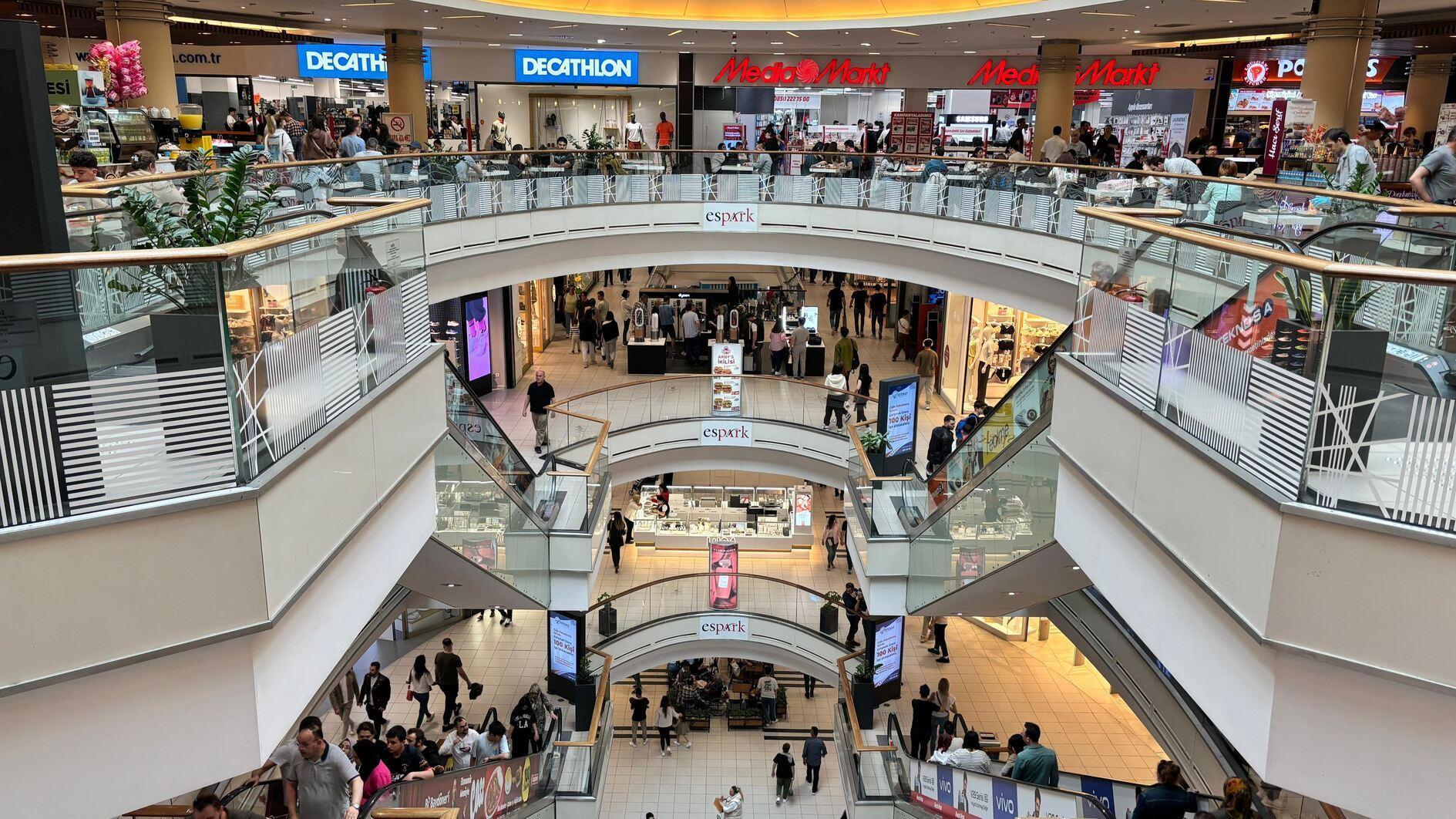Does spiritual seclusion include political interviews?
The major dispute between the Justice and Development Party (AK Party) government and the Gülen movement that arose with the corruption waves last December has put Fethullah Gülen under the spotlight more than ever, both in Turkey and in the international arena.
In an extensive interview Gülen gave to daily Zaman last week, he explained in detail both his views on the current conflict and the positions of his movement on certain issues.
The Zaman interview was aimed at the Turkish public; however, before that proclamation, Gülen also gave important messages to the global public through a series of prestigious Western media outlets.
The first of these was in the Wall Street Journal on Jan. 20. A BBC interview followed it at the end of January. On the BBC website, the headline of the interview was “Reclusive Islamic cleric Fethullah Gülen denies using his influence.” Next was a March 10 article in the Financial Times.
It is clearly apparent that the Western media regards Gülen as an actor engaged in a power struggle with Prime Minister Recep Tayyip Erdoğan after the post-Dec. 17 era. They introduce him through this identity. No matter how Gülen defines himself, it needs to be acknowledged that this has become the perception of his personality in the wider world.
Obviously, Gülen also places major importance on his perception in the wider world and in this framework, is keen on the messages he conveys through the foreign media. What’s more, he prioritizes the foreign media compared to his own media in Turkey.
However, when all the statements and interviews of Gülen both in the foreign media and in Zaman are put side by side, an essential contradiction emerges before us. This contradiction – actually when it is politics that is in question regarding the recent conflict – stems from the fact that the self-defined identity of Gülen and the content of his discourse and attitudes frequently contradict each other.
In his interviews, Gülen emphasized that “He has personally never been engaged in any thought or attitude [that could be construed as] supporting any political party.” He also explained that he had an “above politics” stance. For instance, in the article published in the Financial Times, he said, “I have spent the past 15 years in spiritual retreat and, irrespective of what happens in Turkey, I intend to continue to do so.”
Foreigners who do not know Gülen, based on this statement, would accept him as a cleric outside worldly political discussions and debates. As a matter of fact, when we continue reading further into the statement, we cross the boundaries of what would be defined as a “state of spiritual seclusion.”
For example, in The Wall Street Journal, Gülen openly criticized Prime Minister Erdoğan and said, “Turkish people are upset that in the last two years democratic progress is now being reversed.”
In his interview with the BBC, he said: “It is obvious that there has been corruption. Everybody accepts that. From ordinary people to educated persons to the elite, almost everyone sees and knows the content of the issue, but nobody has the power to change it.”
In the second section of the Zaman interview, he made this proclamation: “If public assets are being stolen and wasted, you cannot explain this through Mecelle (the civil code of the Ottoman Empire) articles and through demagogy. You may find yourself driven down dark paths while it was you yourself with your own cadre who set out into the world with the trustworthiness and correctness of the messages of Islam.”
You may not support a political party, but if your statements and your adopted stances directly touch on the main debate fields of politics, then you have entered the territorial waters of politics; moreover, you have become one of the major sides. This is an inevitable situation. However, when it is the discourse of “spiritual seclusion” in question, then this concept is left suspended in air.
*Sedat Ergin is a columnist for daily Hürriyet in which this abridged piece was published on March 27. It was translated into English by the Daily News staff.











